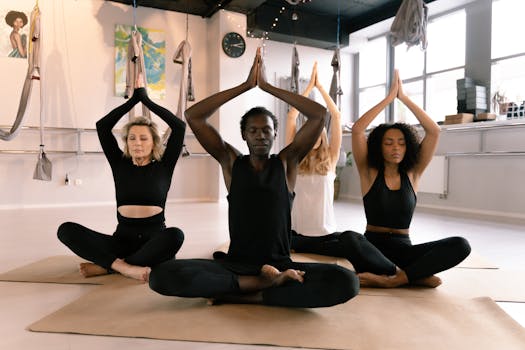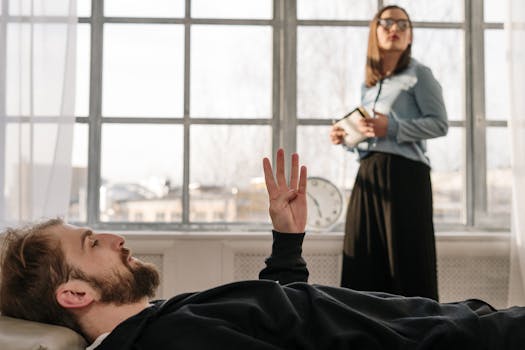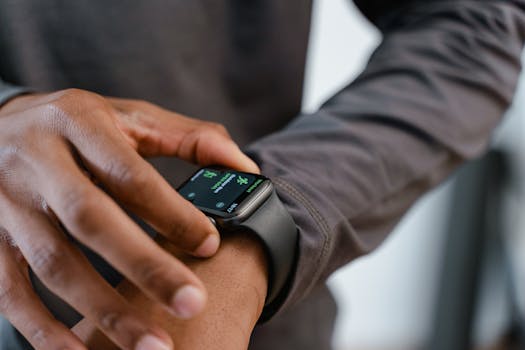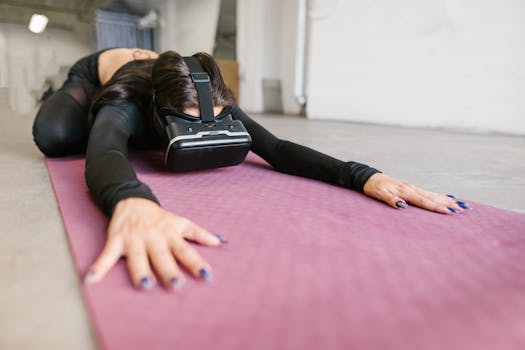Boost Your Mood: How Exercise Can Help Manage Anxiety and Depression
Takeaways: Exercise is not just about physical fitness; it can be a powerful tool in managing anxiety and depression. Regular physical activity releases endorphins, improves sleep, and boosts self-esteem. Whether it’s a brisk walk, a dance class, or a gym session, moving your body can enhance your mood and mental health.
Hey there! If you’re like me, you’ve probably experienced those days when everything feels just a little heavier. The weight of anxiety and depression can be tough to shake off. But here’s a little secret I discovered: moving my body, even just a bit, can really help lift that weight. In this post, we’re diving deep into how exercise can be a game-changer for your mental health. Let’s get moving!
The Science Behind Exercise and Mental Health
So, what’s the deal with exercise and our brains? There’s a ton of research out there that backs up the benefits of physical activity on mental health. When we exercise, our bodies release a cocktail of feel-good hormones like endorphins and serotonin. Think of these as the body’s natural painkillers and mood elevators!
But it doesn’t stop there. Regular exercise can also lead to better sleep, reduced stress levels, and improved self-esteem. I remember when I started jogging a few years ago; at first, it felt like a chore. But after a couple of weeks, not only did I notice that I was sleeping better, but I also felt lighter and more energized throughout the day.
Finding the Right Exercise for You
Now, I get it. Not everyone loves the gym, and that’s perfectly okay! The key is finding something that you enjoy. Whether it’s yoga, dancing, hiking, or even just walking your dog, the important part is to move your body. I’ve found that mixing things up keeps it exciting. One day I might go for a run, and the next, I might try a Zumba class.
It’s all about making it fun! Consider joining a local sports team or a fitness class. Not only do you get the physical benefits, but you also get to meet new people. Sometimes, it’s those connections that can help alleviate that feeling of isolation that often accompanies anxiety and depression.
Real-Life Experiences: My Journey

As I continued to walk, I noticed something magical happening. My mind started to clear, and I felt a sense of accomplishment, even if it was just for those 15 minutes. Gradually, I increased my distance and even began to experiment with different activities. I started to feel more confident, and the anxiety that once felt so consuming began to fade.
Creating a Sustainable Routine
Now that you’re inspired to get moving, how do you create a routine that sticks? Here’s what worked for me: consistency is key. I set aside a specific time each day for my workouts, treating them like important meetings. Believe me, it’s all about making it a priority. I also learned to listen to my body. Some days I felt energized, and others I needed a gentle stretch instead. It’s all part of the journey.
And don’t forget to celebrate your wins, no matter how small! Completing a workout or simply stepping outside for a walk deserves recognition. I often tell myself, “I showed up, and that’s what matters!” Over time, those little victories stack up and contribute to a more positive mindset.
FAQs
1. How often should I exercise to see mental health benefits?
Aim for at least 150 minutes of moderate aerobic activity each week. This can be broken down into shorter sessions that fit your schedule.
2. What types of exercise are best for anxiety and depression?
Any form of exercise can be beneficial! Activities like walking, running, cycling, yoga, and team sports are all great options.
3. Can I exercise if I’m feeling really low?
Yes! Start small. Even a short walk can be helpful. The key is to move your body in a way that feels comfortable for you.
4. Will exercise replace therapy or medication?
Exercise is a wonderful complement to therapy and medication, but it’s important to consult with a healthcare professional for personalized advice.
5. How do I stay motivated to exercise regularly?
Find activities you enjoy, set achievable goals, and consider working out with a friend to help keep you accountable.






